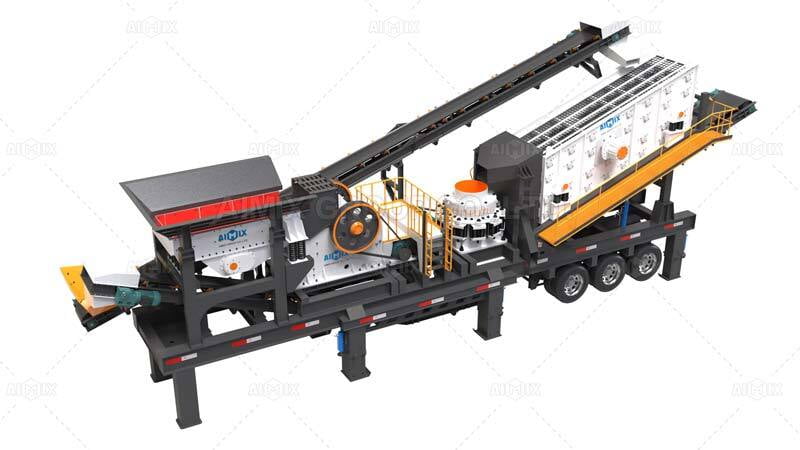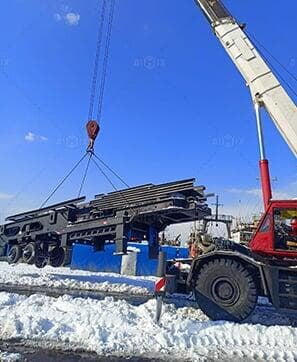When setting up a stone crushing plant operation, several crucial factors come into play, guiding the selection of the optimal location. Let's delve into these factors to gain a comprehensive understanding of their significance.
1. Geological Considerations
Soil Composition
The composition of the soil in a prospective location is a fundamental factor to consider. Different soil types exhibit varying levels of stability and load-bearing capacity, which directly impact the feasibility of establishing a crusher stone for sale. Soil with high clay content, for instance, may pose challenges during foundation construction and necessitate additional reinforcement measures.
Rock Availability
The availability of suitable rock formations within proximity to the proposed plant site is another critical geological consideration. Access to ample reserves of quality stone material is essential for sustaining the operation and meeting production demands. Geological surveys and assessments can help identify viable locations with abundant rock resources.

2. Logistical Factors
Transportation Infrastructure
Efficient transportation infrastructure is indispensable for the success of a stone crushing plant operation. Access to well-maintained roads, highways, and railways facilitates the transportation of raw materials to the plant and the distribution of finished products to market destinations. Proximity to major transportation routes minimizes logistical costs and ensures timely delivery.
Proximity to Raw Materials
Minimizing transportation distances between the stone crushing plant and its sources of raw materials is imperative for optimizing operational efficiency and reducing expenses. Selecting a location close to quarries or rock deposits reduces the need for long-distance hauling, thereby lowering fuel consumption and transportation expenses. Additionally, proximity to raw material sources enables faster replenishment of supplies, ensuring uninterrupted production. Learn more details here: https://aimixgroup.com/stone-crusher-plants/price/.
3. Regulatory and Environmental Factors
Permitting Requirements
Navigating regulatory requirements and obtaining necessary permits is a crucial aspect of site selection for a stone crushing plant. Different jurisdictions may have specific zoning regulations, land use restrictions, and environmental permits governing industrial operations. Conducting thorough due diligence and obtaining requisite approvals are essential steps to ensure compliance with legal frameworks and avoid potential delays or penalties.

Environmental Impact Assessments
Assessing the potential environmental impact of a stone crushing plant operation is paramount to sustainable development and regulatory compliance. Conducting comprehensive environmental impact assessments (EIAs) helps identify potential risks to air quality, water resources, biodiversity, and surrounding ecosystems. Implementing mitigation measures to minimize adverse impacts and adopting eco-friendly practices promote environmental stewardship and foster community acceptance of the operation.
In conclusion, the location selection for establishing a rock crusher for sale operation is a multifaceted process influenced by geological, logistical, regulatory, and environmental factors. By carefully evaluating these factors and prioritizing sustainable practices, stakeholders can make informed decisions to ensure the success and sustainability of their operations.
